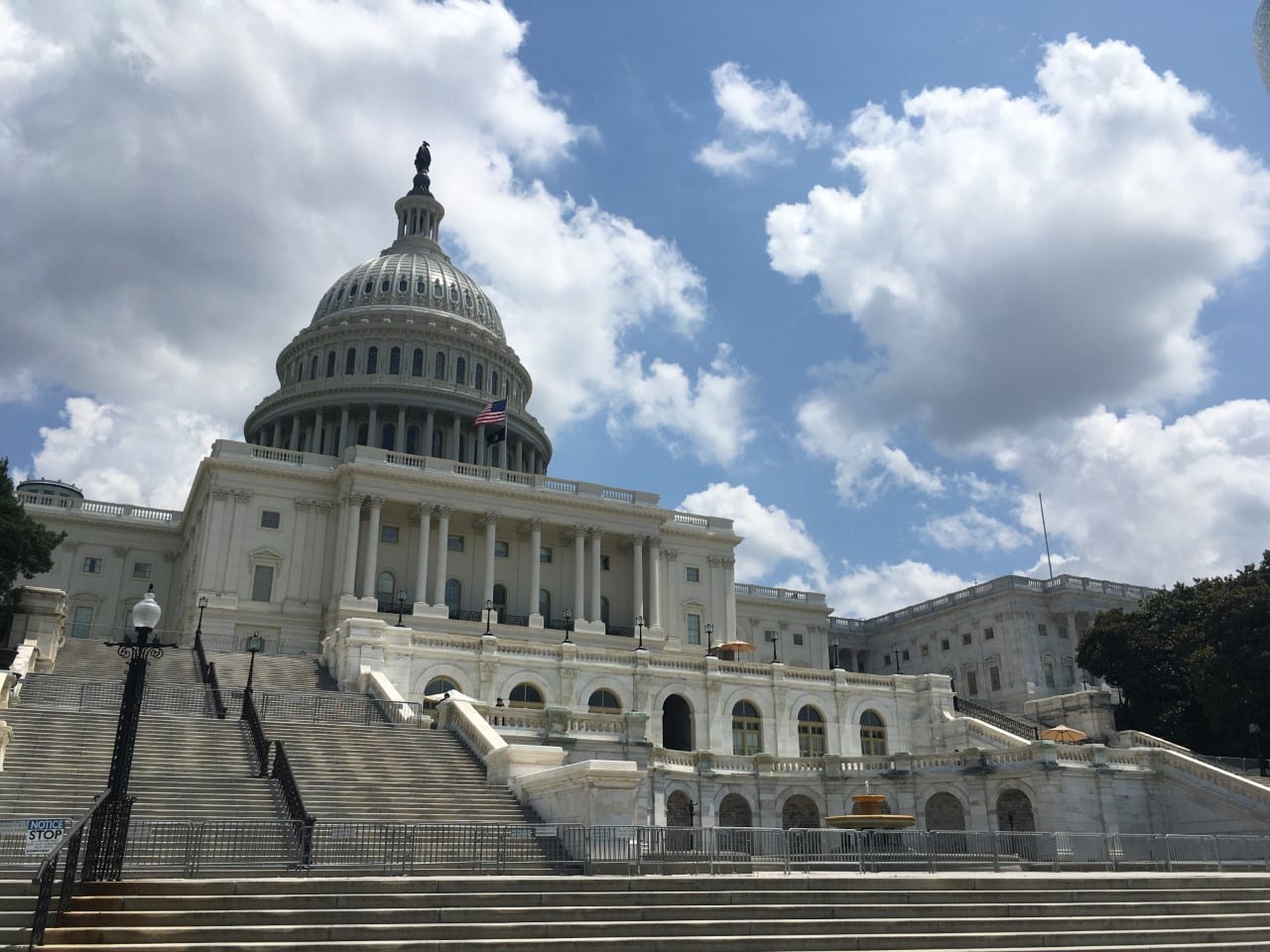Restoring Integrity to the 340B Drug Discount Program for Patients
COMMENTARY

Unmanaged growth and rampant profiteering threaten the sustainability of this critical safety net program
The 340B drug discount program began with the best of intentions — as a safety net program to supplement Medicaid and serve the needs of our most vulnerable patients. The Health Resources & Services Administration, the government agency that oversees the program, just released figures that 340B grew to $44 billion in 2021. That’s an increase of nearly 16% from 2020 and 1760% from 2005 when the size of the program was $2.5 billion.
At issue is the fact that this staggering growth is unregulated. The hospitals and clinics who participate in 340B (called “covered entities”) are not required to report how they use their 340B profits, so there is no clear way of knowing if these profits are being used in service of patients. There is, however, ample evidence they are not. As Thomas Edison once noted, “A good intention, with a bad approach, often leads to a poor result.”
Established by Congress in 1992 through the “340B” statute, the program requires pharmaceutical manufacturers to provide deep Medicaid-like discounts on outpatient drugs to covered entities that are supposed to provide care to a disproportionately higher population of underserved patients. My company, Eli Lilly and Company, joined the 340B program at its inception and we fully support its good intentions for patient welfare.
However, the way the program works is seriously flawed. Covered entities purchase medicines at the deeply discounted 340B price and get reimbursed at a higher price paid by the patient’s insurer. The difference between the two amounts — the 340B spread — is the covered entities’ profit.
This design incentivizes covered entities to shift their care to wealthier patients who are better insured and prescribe the most lucrative drug available. Doing so drives the greatest 340B spread and brings the greatest profit. Because 340B is funded by the pharmaceutical industry and not taxpayers, it lacks the proper oversight that would normally be in place for a government-run program.
Evidence is mounting that covered entities are increasingly profiting from and abusing 340B. That drives its unmanaged, ballooning growth, jeopardizes its viability and puts the vulnerable patients who rely on the program for their health care at risk.
Hospitals Decreasing Charity Care to Patients
At the same time 340B is experiencing explosive growth, numerous studies (e.g., Pioneer Institute and Pacific Research Institute) have shown that hospitals are decreasing their provision of charity care for vulnerable patients. These studies corroborate a 2018 analysis published in the New England Journal of Medicine that concluded, “financial gains for [340B] hospitals have not been associated with clear evidence of expanded care or lower mortality among low-income patients.”
Unmanaged Contract Pharmacy Expansion Without Patient Benefit
In 2010, the government invited unlimited involvement by for-profit pharmacies in 340B, which accelerated the growth of these “contract pharmacies.” According to a June 2022 paper published in JAMA, from 2011 to 2019, the number of U.S. pharmacies contracting with a 340B entity increased from 5.9% to 29.9%. Yet, the share of 340B pharmacies in socioeconomically disadvantaged and primarily non-Hispanic Black and Hispanic/Latino neighborhoods declined by 5.6%. Meanwhile, the share in the highest income neighborhoods increased by 5.0% The authors conclude that their findings add to the “growing body of evidence questioning the degree to which 340B program growth serves vulnerable communities.”
Further, a 2018 study conducted by the U.S. Government Accountability Office found that more than half of 340B hospitals surveyed reported that they did not share discounts with patients at their contract pharmacies, which can leave patients paying full price for their medicines. And yet, contract pharmacy arrangements exploded by 6000% from 2010 to 2021[i] without evidence that patients are benefiting.
This last point is especially egregious because in same year the GAO study was conducted, covered entities and their contract pharmacies generated an estimated $13 billion in gross profits from 340B. Seventy-five percent of 340B contract pharmacy arrangements are with for-profit chain pharmacies.
Yet, the 340B statute makes no mention of contract pharmacies and their participation in the program is unregulated. Without the proper transparency measures in place, there is no way to know where these billions are going.
As Lilly has been arguing for some time, and a federal court in October 2021 explicitly recognized, the 340B program is broken and can no longer be “implemented fairly for all concerned.” Lilly’s goal is, and has always been, to ensure a workable safety net program from which patients are the beneficiaries, not for-profit entities who are able to game the system due to a lack of regulatory oversight.
Restoring integrity to 340B is paramount. Congress most certainly did not intend for 340B to serve as a target for profiteers or as a wealth-transfer program from the pharmaceutical industry to the pharmacy industry. Lilly is committed to a reformed 340B and believes that patient focus and accountability will restore fairness to the program and return it to Congress’ true intent — serving people in need.
Leigh Ann Pusey is senior vice president of corporate affairs and communications for Eli Lilly and Company. You can reach Eli Lilly and Company on Twitter @LillyPad.
[i] Drug Channels, “Exclusive: 340B Continues Its Unbridled Takeover of Pharmacies and PBMs.” (2021). https://www.drugchannels.net/2021/06/exclusive-340b-continues-its-unbridled.html (describing growth since 2010). In 2010, HRSA’s database had 2,321 contract pharmacy arrangements. BRG,” For-Profit Pharmacy Participation in the 340B Program.” (2020). BRG-ForProfitPharmacyParticipation340B_2020.pdf (thinkbrg.com). This means the number of contract pharmacies has grown 2200% between 2010 and 2021, and the number of contract pharmacy arrangements almost 6000% between 2010 and 2021.
























